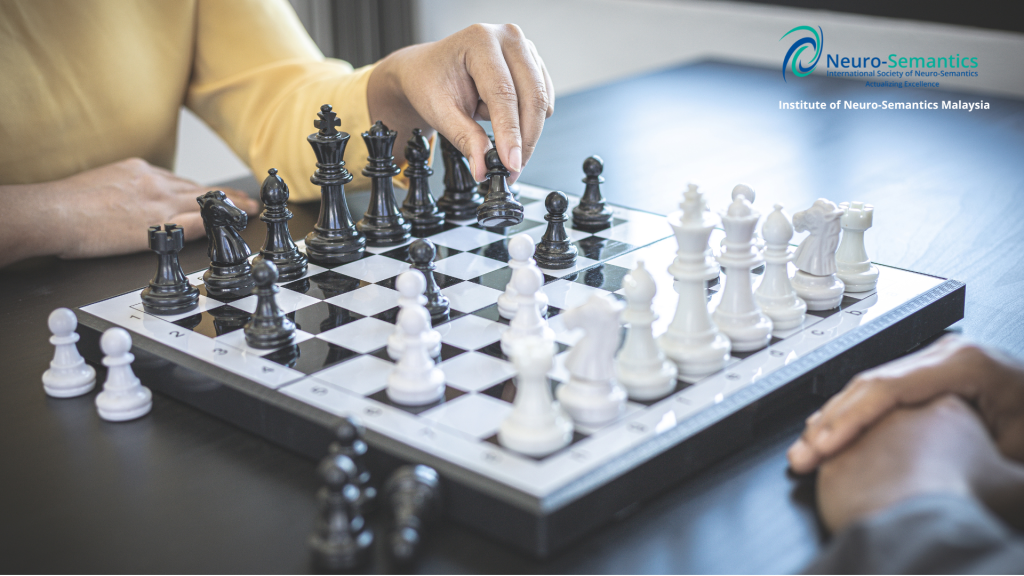
Among all the ways people think, strategic thinking is perhaps the most inevitable. While many may not consciously recognize it, strategic thinking is embedded within almost every form of thought. This realization often becomes apparent when individuals deeply analyze how they approach problem-solving, decision-making, or planning.
The reason for this inevitability is straightforward—humans think with purpose. Every thought process, whether it is aimed at understanding, learning, creating, or anticipating future outcomes, is driven by an underlying objective. Thinking is not a random activity; it is a tool used to achieve specific goals.
The Challenge of Effective Strategic Thinking
Despite its inherent nature, strategic thinking is not always executed effectively. Many individuals struggle with maintaining a focused and structured approach to their thinking. One of the primary obstacles is distraction.
- External stimuli often pull attention away from the original goal.
- Internal distractions, such as unrelated thoughts, emotions, or memories, interfere with focus.
- Conflicting goals and priorities create competing strategic aims, leading to inconsistency.
As a result, strategic thinking frequently becomes fragmented, preventing individuals from achieving their intended outcomes.
The Need for Conscious Strategic Thinking Development
While strategic thinking occurs naturally, proficiency in it does not develop automatically. Left unguided, many people operate at an underdeveloped level of strategic thinking, often failing to maximize their cognitive potential.
Mastery in strategic thinking requires deliberate effort and structured learning. Without an intentional approach, individuals may struggle to apply strategic principles effectively in their personal and professional lives.
Lessons from Chess: A Model for Strategic Thought
The game of chess provides a useful analogy for understanding strategic thinking. While the basic rules of chess can be learned quickly, playing strategically requires deeper cognitive engagement.
Players who seek to improve their strategic thinking in chess must:
- Learn traditional opening strategies and their long-term advantages.
- Evaluate the relative value of different pieces (e.g., pawns = 1, knights and bishops = 3, rooks = 5, queen = 9).
- Understand middle-game and end-game strategies to optimize moves.
Becoming a skilled chess strategist requires years of practice and study—a process far beyond simply knowing how the pieces move.
The Role of Strategic Thinking in Everyday Life
If strategic thinking is crucial in chess, it is even more essential in real life. Every meaningful pursuit—whether in health, relationships, career advancement, or problem-solving—demands a well-defined strategy.
For instance, in Neuro-Linguistic Programming (NLP), individuals develop specific strategies for:
- Acquiring and retaining new knowledge.
- Maintaining motivation and discipline.
- Identifying and enhancing personal talents.
- Cultivating effective interpersonal relationships.
Wherever there is a goal, ambition, or challenge, a structured strategy is essential for achieving success.
Understanding Strategy vs. Mastering Strategy
A critical distinction exists between recognizing the need for a strategy and possessing the knowledge to implement one. Many professionals understand that strategy is necessary, yet lack the expertise to apply it effectively.
Every field, from medicine and law to coaching and aviation, requires specialized strategic thinking. Professionals who excel in their industries do so by mastering field-specific strategic frameworks that guide their decision-making and execution.
Conclusion: Strategic Thinking as a Learned Skill
Strategic thinking is unavoidable because human beings are driven by objectives and aspirations. However, true strategic mastery is not automatic—it requires effort, structured learning, and mental discipline.
Those who commit to refining their strategic thinking will enhance their ability to achieve meaningful success, whether in business, personal growth, or professional excellence. Mastering strategic thought is not just an advantage—it is a necessity.
Curated by Danielle Tan.
Reference:
- [Neurons] 2025 Neurons #8 THINKING STRATEGICALLY IS INEVITABLE by L. Michael Hall, Ph.D. Executive Director, ISNS.